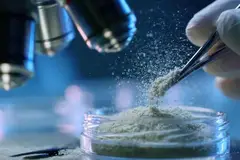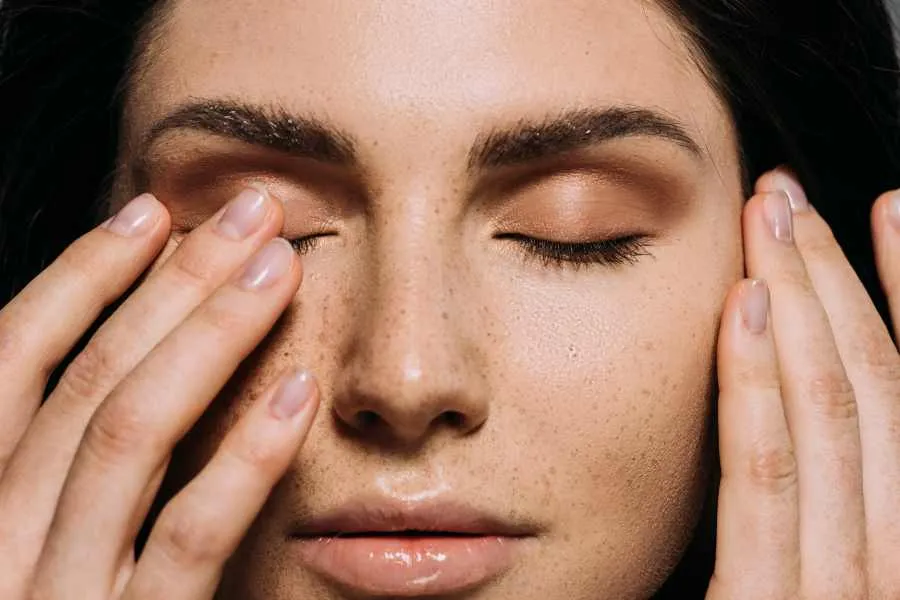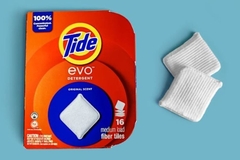All G explores breast milk protein for dermatological skin care
Key takeaways
- Australian biotech All G is developing bovine and human milk proteins via precision fermentation for skin care.
- Preclinical data show anti-inflammatory, antimicrobial, antioxidant, and microbiome-balancing properties.
- Fermentation-based lactoferrin aligns with clean label and animal-free cosmetic trends.

Australian biotech company All G has unveiled preclinical results on its precision-fermentation lactoferrin LFX, showing milk proteins’ potential for various cosmetics such as serums, barrier creams, and cleansers.
The milk protein lactoferrin has been used in nutrition for its role in immunity and iron metabolism. It is also increasingly recognized for its antimicrobial, antioxidant, anti-inflammatory, and antiviral properties. All G’s LFX is made without using animal or human milk.
Jan Pacas, founder and CEO of All G, tells Personal Care Insights that given human milk proteins’ biological functions in nutrition and immunity, their use in skin applications is an important area for exploration.
The company says that a growing body of research has demonstrated lactoferrin’s ability to improve skin hydration, strengthen the skin barrier, and significantly reduce acne lesion counts. Clinical studies have also shown reductions in sebum production and severity after eight weeks of use.
“Our preclinical testing has focused on recombinant bovine lactoferrin, where we have demonstrated activity in pathways linked to skin barrier integrity, hydration, inflammation, collagen production, and microbiome balance,” says Pacas.
“We are advancing bovine proteins first because the evidence base and regulatory path are clearer, while also developing human proteins in parallel for future applications.”
All G’s lactoferrin LFX is already compliant for personal care in China, Japan, and South Korea.
Precision fermentation
The trial was conducted at Shanghai Jiao Tong University Affiliated Sixth People’s Hospital.
The company’s bovine milk proteins were tested on skin cells in the preclinical trial. It showed a 25% reduction in inflammatory cytokines, which indicates anti-inflammatory activity. It also stimulated collagen production by 30–40%, showing anti-aging potential.
 The company develops human and bovine milk proteins, which were tested on skin cells in a recent preclinical trial.Meanwhile, the company says it also lowered β-galactosidase activity, a marker of cellular senescence, upregulated filaggrin, and AQP3 gene expression. This supports barrier integrity and hydration, and demonstrates selective antimicrobial action that supports microbiome balance.
The company develops human and bovine milk proteins, which were tested on skin cells in a recent preclinical trial.Meanwhile, the company says it also lowered β-galactosidase activity, a marker of cellular senescence, upregulated filaggrin, and AQP3 gene expression. This supports barrier integrity and hydration, and demonstrates selective antimicrobial action that supports microbiome balance.
“We don’t extract from milk. We use precision fermentation, where a food-grade yeast is programmed to produce lactoferrin, the same protein naturally present in cow’s milk. The yeast grows in stainless-steel tanks, secretes the protein, and we isolate it with food-grade purification steps,” explains Pacas.
The outcome is a pure recombinant bovine lactoferrin, structurally and functionally identical to the natural protein, made without animals or milk.
Dr. David Orchard, associate professor and consultant dermatologist at the Royal Children’s Hospital and the University of Melbourne, Australia, tells Personal Care Insights: “The data is very preliminary and suggests some potential for lactoferrin in skin care, particularly given that human breast milk has long been used on the skin for various inflammatory skin conditions and barrier repair.”
Orchard stresses that clinical validation is a necessary next step.
Ethical and resource-friendly
Producing lactoferrin through fermentation avoids the need for herds of dairy cows, which reduces land and water use, avoids methane emissions, and allows production close to the market.
“It’s a cleaner, more efficient way to supply consistent protein,” says Pacas.
He adds that the ingredient has no ethical concerns since no animals are involved in the production.
“The yeast is contained in a closed process, and only the purified protein is present in the final ingredient. The approach is well-established in food and therapeutics and follows standard safety and quality practices. This animal-free version offers a major improvement for animal welfare and supports brands committed to being free from animals.”
Pacas says the ability to produce lactoferrin consistently and at scale through fermentation gives formulators a reliable, scientifically grounded active to work with. “The next step is clinical testing to confirm these benefits in people.”
Milk for skin conditions
Recombinant bovine and human milk proteins have a broad potential for personal care, says Pacas.
 Pacas says lactoferrin can act as a natural preservative in skin care because of its antimicrobial and antioxidant properties.According to Pacas, research shows that lactoferrin may support skin health in several ways. “For acne, clinical trials with oral bovine lactoferrin have reported clearer skin, with fewer spots, less inflammation, and reduced severity within eight weeks. Studies also suggest it can help with psoriasis by calming immune activity and limiting the growth of certain bacteria.”
Pacas says lactoferrin can act as a natural preservative in skin care because of its antimicrobial and antioxidant properties.According to Pacas, research shows that lactoferrin may support skin health in several ways. “For acne, clinical trials with oral bovine lactoferrin have reported clearer skin, with fewer spots, less inflammation, and reduced severity within eight weeks. Studies also suggest it can help with psoriasis by calming immune activity and limiting the growth of certain bacteria.”
“Research has further found that in fungal infections such as Candida, lactoferrin can make standard antifungal treatments more effective. Together, these findings highlight lactoferrin’s potential as a supportive ingredient for skin health,” he says.
Additionally, he tells us that lactoferrin’s antimicrobial and antioxidant properties make it a natural preservative in skin care formulations.
Pacas adds that the ingredient does not contain lactose, as lactose intolerance involves a sugar, not a protein. “People with lactose intolerance would not be affected by our ingredient. This means it’s safe for topical and also suitable for ingestible applications.”
All G’s first product, bovine lactoferrin powder, will launch later this year, followed by human lactoferrin in early 2026.













